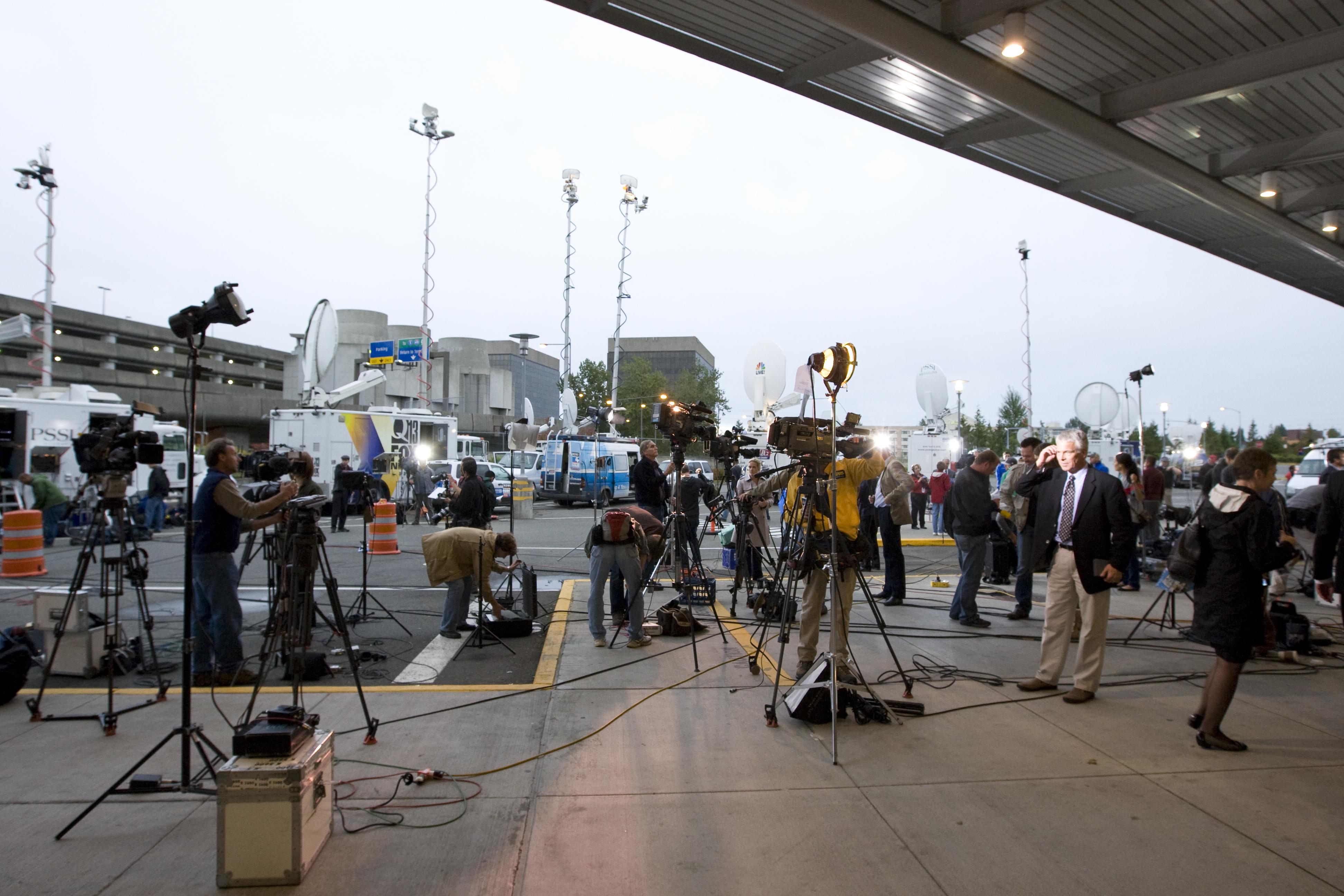SeaTac, Washington a town of 27,000 people situated around SeaTac Airport, just voted to implement a minimum wage of $15. This is naturally exciting news for proponents of high minimum wages, and Danny Vinik is naïve enough to think it’s good news for people who like evidence-based policy since it will allegedly give us a useful natural experiment in the impact of minimum wage hikes.
Except it won’t. People are rarely persuaded by empirical evidence on hotly contested political issues precisely because persuasive empirical evidence is rarely forthcoming.
For example, suppose that we seem to have evidence that job growth slowed in the wake of this measure. The obvious retort is that SeaTac is a micro-jurisdiction—just 10 square miles—so the fact that a handful of fast-food joints decided to open just outside the city limits rather than just inside doesn’t tell us anything about bigger policy issues.
Or suppose that we seem to have evidence that job growth has been robust in the wake of this measure. The obvious retort is that SeaTac is a micro-jurisdiction built around the airport. There’s so much sunk capital in that airport that, as an idiosyncratic matter, the negative impact on growth and investment is too small to perceive on a short time frame.
Either way, everyone will stick with their priors and everyone should stick with their priors because the evidence will be very weak.
It’s no surprise that on the minimum wage, the big actors are actors for whom the empirical dispute about job creation is irrelevant. Even under labor unions’ theory of why minimum wage hikes are good for America, they’re still bad for low-wage employers (lower profits). And even under low-wage employers’ theory of why minimum wage hikes are bad for America, they’re still good for labor unions (less competition from low-wage work). Others without a direct stake in the matter can make up their minds on the basis of general ideological considerations. But the existing evidence is mixed, and nothing is going to change that any time soon.
